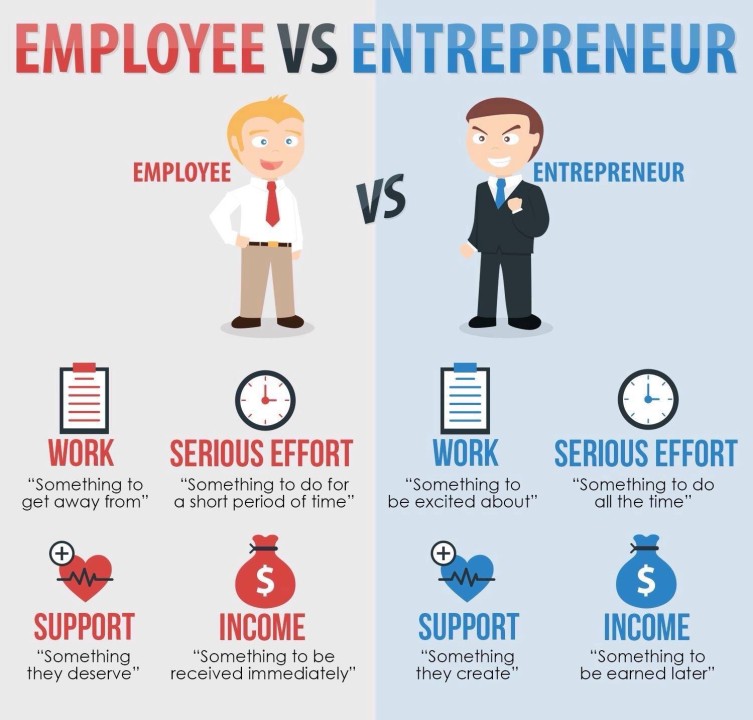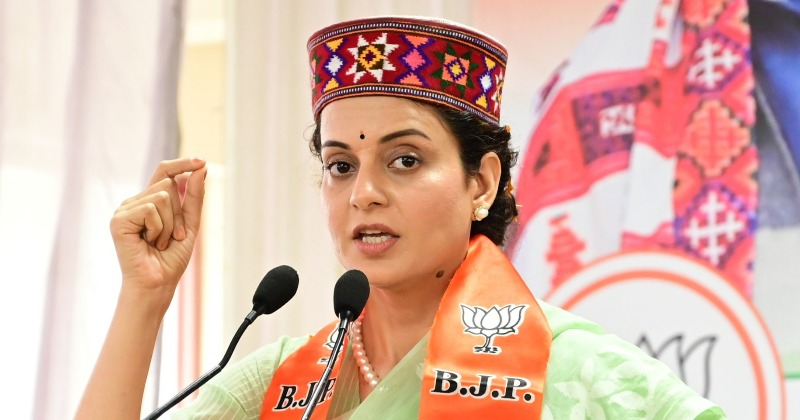The Indian landscape is witnessing a burgeoning phenomenon: a surge in individuals transitioning from traditional employment to the dynamic world of entrepreneurship. This trend, evident in the rising numbers of self-employed workers (55.8% in 2021-22 to 57.3% in 2022-23), reflects a growing appetite for charting independent paths and shaping personal destinies. Fueling this shift are several key factors, creating a fertile ground for post-employment entrepreneurship to flourish.
 At the forefront of this movement stands the Indian government, actively fostering an ecosystem conducive to entrepreneurial success. The Pradhan Mantri Mudra Yojana (PMMY) stands tall, disbursing over 44.46 crore collateral-free loans worth Rs. 25.47 lakh crore since its inception. This financial lifeline empowers individuals to translate their ambitions into concrete businesses. Furthermore, targeted initiatives like Stand UP India and PM SVANidhi address the specific needs of marginalized communities like SC/ST/Women and street vendors, promoting inclusive economic growth.
At the forefront of this movement stands the Indian government, actively fostering an ecosystem conducive to entrepreneurial success. The Pradhan Mantri Mudra Yojana (PMMY) stands tall, disbursing over 44.46 crore collateral-free loans worth Rs. 25.47 lakh crore since its inception. This financial lifeline empowers individuals to translate their ambitions into concrete businesses. Furthermore, targeted initiatives like Stand UP India and PM SVANidhi address the specific needs of marginalized communities like SC/ST/Women and street vendors, promoting inclusive economic growth.
Recognizing the crucial role of skill development, the government has implemented schemes like the National Apprenticeship Promotion Scheme (NAPS) and Pradhan Mantri Kaushal Vikas Yojana (PMKVY). These programs equip individuals with the necessary technical and soft skills, bolstering their confidence and preparedness for entrepreneurial ventures. Additionally, initiatives like PMEGP and PM Vishwakarma offer holistic support, encompassing skill training, credit access, and market linkages. This integrated approach empowers traditional artisans and rural youth, traditionally underserved segments, to unlock their entrepreneurial potential.
While government initiatives provide a sturdy framework, the success of post-employment entrepreneurship hinges on a broader ecosystem. Access to mentorship programs connecting aspiring entrepreneurs with seasoned veterans proves invaluable, offering guidance and navigating the often-complex business landscape. Additionally, streamlining regulations and simplifying compliance processes can significantly reduce hurdles for new ventures. Fostering a culture of innovation and risk-taking through targeted awareness campaigns and success stories can further inspire and encourage individuals to embrace entrepreneurship.
Despite the encouraging progress, challenges remain. Securing sustained funding beyond initial government loans, navigating complex regulations, and accessing specialized mentorship in niche sectors continue to be hurdles for many aspiring entrepreneurs. Addressing these challenges through public-private partnerships, streamlined funding channels, and sector-specific mentorship networks can pave the way for a more inclusive and supportive ecosystem.
India’s entrepreneurial journey, with its increasing number of post-employment ventures, presents a promising narrative of self-reliance and economic dynamism. By fostering a supportive environment that addresses existing challenges and leverages the power of government initiatives, India can empower its citizens to not only find fulfilling careers but also contribute to the nation’s economic growth and social progress.



